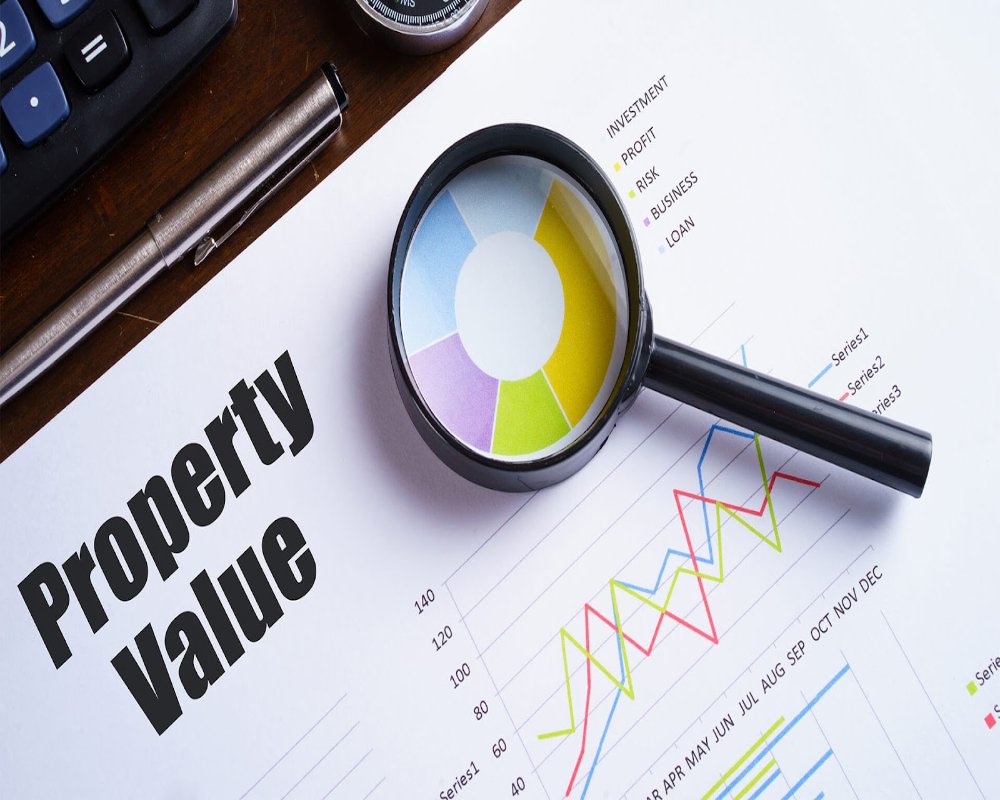Introduction
Zoning is a powerful tool used by municipalities to regulate land use and guide the growth of urban and rural areas. For industrial properties, zoning directly influences market value by defining what can be built, how it can be used, and under what conditions. The alignment of zoning designations with demand, infrastructure, and development potential plays a significant role in shaping the long-term value and utility of industrial land.
Permitted Use and Market Accessibility
One of the most significant ways zoning affects industrial property values is through the permitted uses assigned to a parcel of land. Properties zoned for light, medium, or heavy industrial use are valued based on the types of operations they can legally support. A site zoned for a wide range of industrial activities will generally command a higher price due to its flexibility and appeal to a broader base of potential users. In contrast, land with restrictive or outdated zoning may limit investor interest and reduce overall marketability, even if the location is favorable.
Development Potential and Structural Limits
Zoning ordinances often set limits on how intensively a property can be developed. Regulations related to floor area ratio (FAR), building height, minimum setbacks, and lot coverage directly affect the buildable area and thus the property’s income-generating potential. Properties with higher development allowances can accommodate larger facilities or multiple tenants, increasing their functional and financial value. Conversely, strict zoning constraints may cap a site’s usability, reducing its competitiveness in the market.
Infrastructure Access and Supporting Amenities
Zoning also impacts the availability and quality of infrastructure, which is a key determinant of industrial land value. Areas specifically zoned for industrial use are more likely to be equipped with wide roads, power supply, water connections, and waste disposal systems designed for industrial-scale operations. Land located within well-planned industrial zones benefits from these existing services, reducing setup costs and accelerating project timelines. This built-in infrastructure support significantly enhances the attractiveness and valuation of such properties.
Environmental and Compliance Requirements
Industrial zoning often includes environmental controls, particularly in zones designated for heavy industry. While these requirements are essential for sustainable development, they can influence property value both positively and negatively. Sites that are already compliant or located in areas with clear, supportive regulations tend to be more desirable, as buyers can proceed with fewer regulatory hurdles. In contrast, properties requiring costly upgrades to meet environmental or safety standards may be devalued due to added development risks.
Long-Term Investment Security
Zoning offers a level of predictability that enhances investor confidence. Properties in well-established industrial zones are less likely to face rezoning pressures or land use conflicts in the future. This legal clarity ensures stability in operations, which is particularly important for manufacturers and logistics firms planning long-term occupancy. As a result, such properties often command a premium in the market, especially if they align with broader regional growth plans or economic development incentives.
Conclusion
Zoning plays a pivotal role in shaping the value of industrial properties by influencing their permitted uses, development capacity, infrastructure readiness, and regulatory clarity. Properties with favorable zoning tend to appreciate faster, attract a wider range of users, and offer more reliable returns to investors. For buyers, developers, and planners, understanding the zoning landscape is essential not only for ensuring compliance but also for maximizing the financial and strategic potential of industrial land. In a competitive and evolving market, zoning remains one of the most decisive factors in industrial real estate valuation.
Hashtags
#Zoning #IndustrialProperty #PropertyValues #RealEstate #UrbanPlanning #CommercialRealEstate #ZoningLaws #PropertyDevelopment #InvestmentStrategy #LandUse #EconomicImpact #RealEstateInvesting #MarketTrends #PropertyManagement #ZoningRegulations #IndustrialRealEstate #ValueAppraisal #LandDevelopment #RealEstateMarket #ZoningImpact


